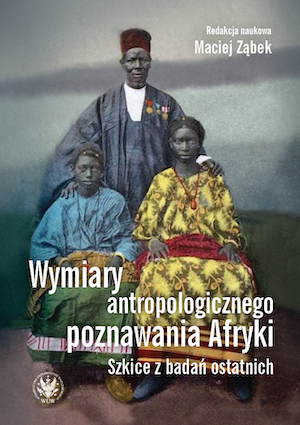Antropologia pieniądza w Somalilandzie
An anthropology of money in Somaliland
Author(s): Wojciech Trojan
Subject(s): Anthropology, Cultural history, Cultural Anthropology / Ethnology, 19th Century
Published by: Wydawnictwa Uniwersytetu Warszawskiego
Keywords: Somaliland; hawala; xeer; Islamic banking; international remittances; UN; khat
Summary/Abstract: Somaliland has survived a period of complete isolation and financial blockade associated with being cut off of the SWIFT system, owing to emigrants residing in the UK, Canada, Australia and the Scandinavian countries, who assisted their families in the country of origin via the money transfers of the hawala system. The income from the seaport of Berbera and a tax on khat sales are sources of enrichment for the major Somaliland clans. During the sanctions period, transnational know-how was developed, which allowed for the creation of a modern, autonomous system of certified money transfers. As in the case of hawala, the success was based on the capital of trust and on customer networks. The internal market of Somaliland uses the GSM cell phone network for daily money transactions. In practice, the plan for independent cashless transactions has been fulfilled. Somaliland has made a digital revolution in line with the sharia law, defending its financial sovereignty.
Book: Wymiary antropologicznego poznawania Afryki. Szkice z badań ostatnich
- Page Range: 189-221
- Page Count: 33
- Publication Year: 2022
- Language: Polish
- Content File-PDF

